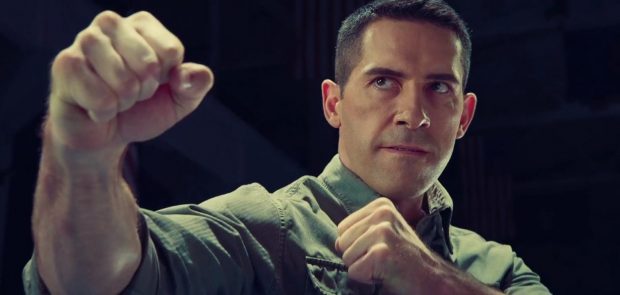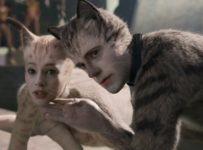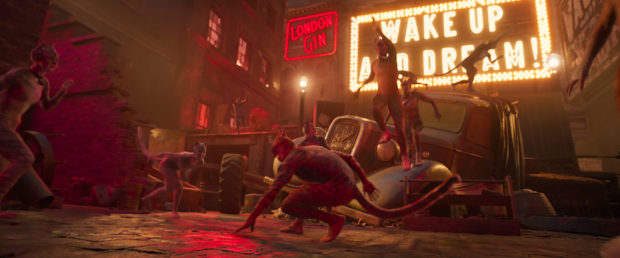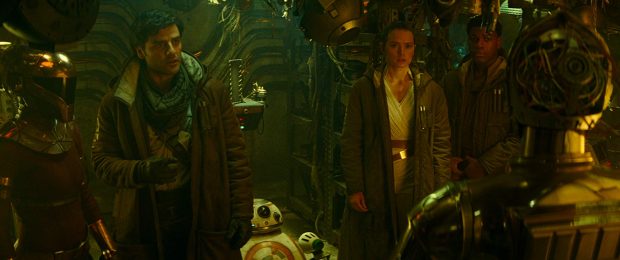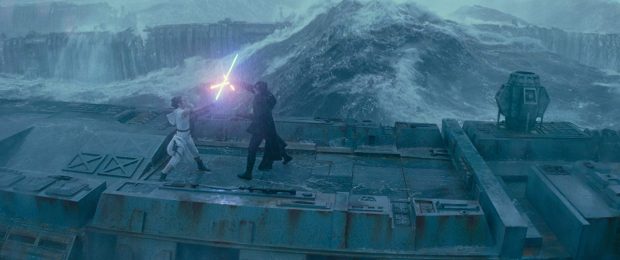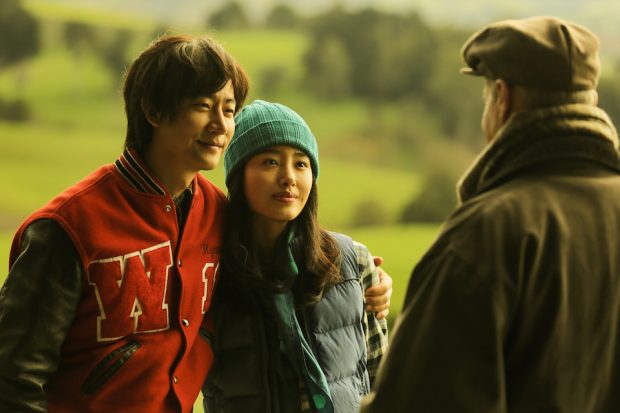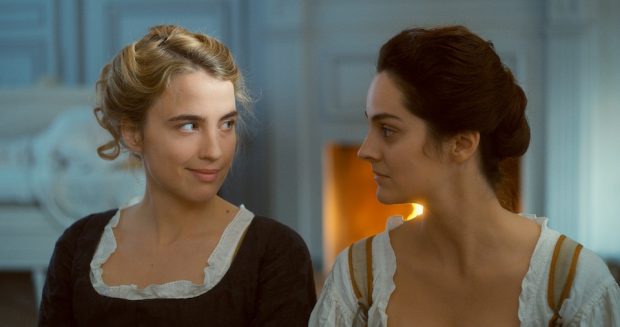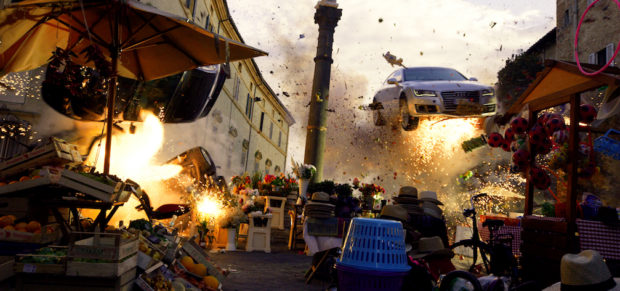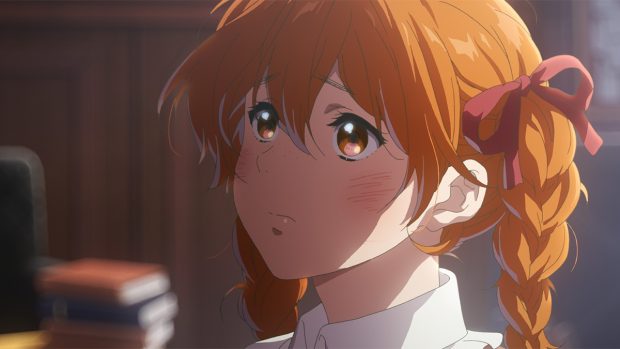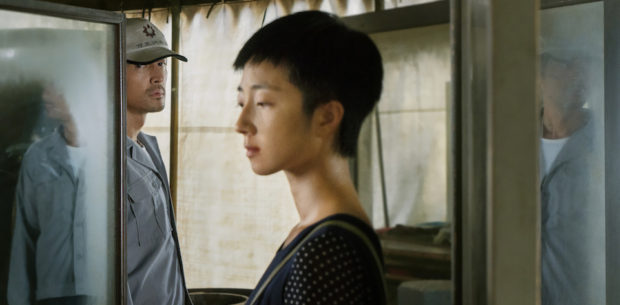Ken Loach sits alone in a room, with one square left on his misery bingo card. “What if I literally piss on my lead?” he muses. A brief smile flickers across his face before the creeping darkness that threatens to swallow us all once again draws him into its bittersweet embrace. He has no choice. We have no choice. There has never been any choice.
For decades the socially conscious Loach has observed the fringe of the British society, winning the Palme d’Or twice – for The Wind That Shakes the Barley (2006) and I, Daniel Blake (2016) – and carving out a niche for this kind of storytelling. In 2019, those fringes are now at the heart of the working class, making SORRY WE MISSED YOU one of Loach’s more timely pieces.
A decade on from the global financial crisis of 2008, Ricky (Kris Hitchen) and his family are still struggling to escape debt. After selling the car to buy into a delivery franchise, his wife Abbie (Debbie Honeywood) must now use public transport for her job as a home care nurse. Meanwhile, their son Seb (Rhys Stone) is skipping school to do some street art with his mates.

If there’s one thing that Loach conveys exceptionally well, it’s how the system manages to grind you down. Just like the eponymous character in I, Daniel Blake – caught in an endless cycle of bureaucratic red tape – Ricky is damned if he does and vice versa. Despite being wholly reliant on the courier company for work, Ricky is counted as a sole trader under employment law. This means every missed parcel, time spent caring for his son or wife, or misadventure comes out of his pocket. It would be a comedy of errors watching Ricky beaten within an inch of his life trying to deliver on time if it wasn’t so damned close to reality.
Except for Hitchens, the only non-Newcastle local in the film, the cast is made up of actors relatively new to the industry. While there are times that this is obvious, for the most part it means we forget that we aren’t watching a documentary about the family. It’s especially impressive in the case of Honeywood and Stone who reportedly incorporated improvisational techniques into their performances to convey a sense of realism. When Abbie exclaims “I’m doing my bloody best. I don’t have enough time” before breaking, you believe she’s genuinely exhausted.
While the endless cycle is kind of Loach’s point, it’s still a hard watch for an audience. “I have not got a choice,” laments Ricky, returning to work during a traumatic family ordeal and life-threatening injuries. This sense of hopelessness inevitably carries over to the viewer, making us ponder if there is there any hope for the rest of us? After all, the one percent that could make a difference probably won’t be on their way to cinema to catch this pointed neorealist nightmare.
2019 | UK | DIRECTOR: Ken Loach | WRITERS: Ken Loach| CAST: Kris Hitchen, Debbie Honeywood, Rhys Stone, Katie Proctor | DISTRIBUTOR: Icon Film Distribution| RUNNING TIME: 100 minutes | RELEASE DATE: 26 December 2019 (AUS)


